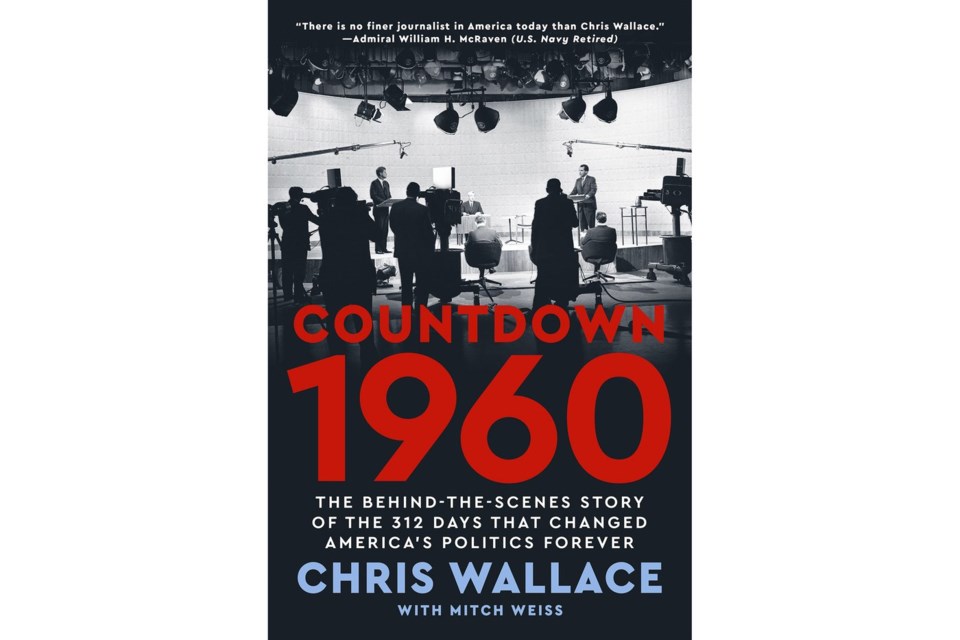"Countdown 1960: The Behind-the-Scenes Story of the 312 Days that Changed America's Politics Forever" is a look at a critical period in U.S. history that holds lessons for today.
CNN news anchor Chris Wallace starts the book in January 1960, when U.S. Sen. John F. Kennedy of Massachusetts declared his candidacy for the presidency during a divided time in United States politics. We are introduced to mobsters, Hollywood movie stars, labor bosses and Cuba's revolutionary leader Fidel Castro.
It was the year that U.S. presidential campaigns entered the modern era, with televised debates and slick advertising, The achingly close contest was not unlike the current lead-up to the 2024 election pitting Democratic Vice President Kamala Harris against Republican Donald Trump.
Like now, there were charges of voter fraud and a stolen election. The results were so tight that Americans stayed up well past midnight to hear the final count.
The book is the latest in Wallace's “Countdown” series of popular histories, following his best-selling “Countdown 1945: The Extraordinary Story of the Atomic Bomb and the 116 Days that Changed the World,” and “Countdown bin Laden: The Untold Story of the 247-Day Hunt to Bring the Mastermind of 9/11 to Justice.”
This time, Wallace, the son of CBS broadcaster Mike Wallace, takes us behind the scenes to view the machinations of the 1960 Democratic National Convention that led to Kennedy's nomination over Lyndon B. Johnson, later chosen as his running mate. Kennedy went on to become the first Catholic and youngest person elected U.S. president.
Kennedy narrowly defeated Republican Richard M. Nixon, who ultimately decided not to contest the results despite reports of voting irregularities in Illinois and Texas. He said he could not think of a worse example for young nations trying to adopt free elections.
As we approach another consequential election this year, the book is a reminder of how 1960 was also a deeply perilous time for America. It also was a moment the nation survived because of patriotism and courage.
___
AP book reviews: https://apnews.com/hub/book-reviews
Anita Snow, The Associated Press


